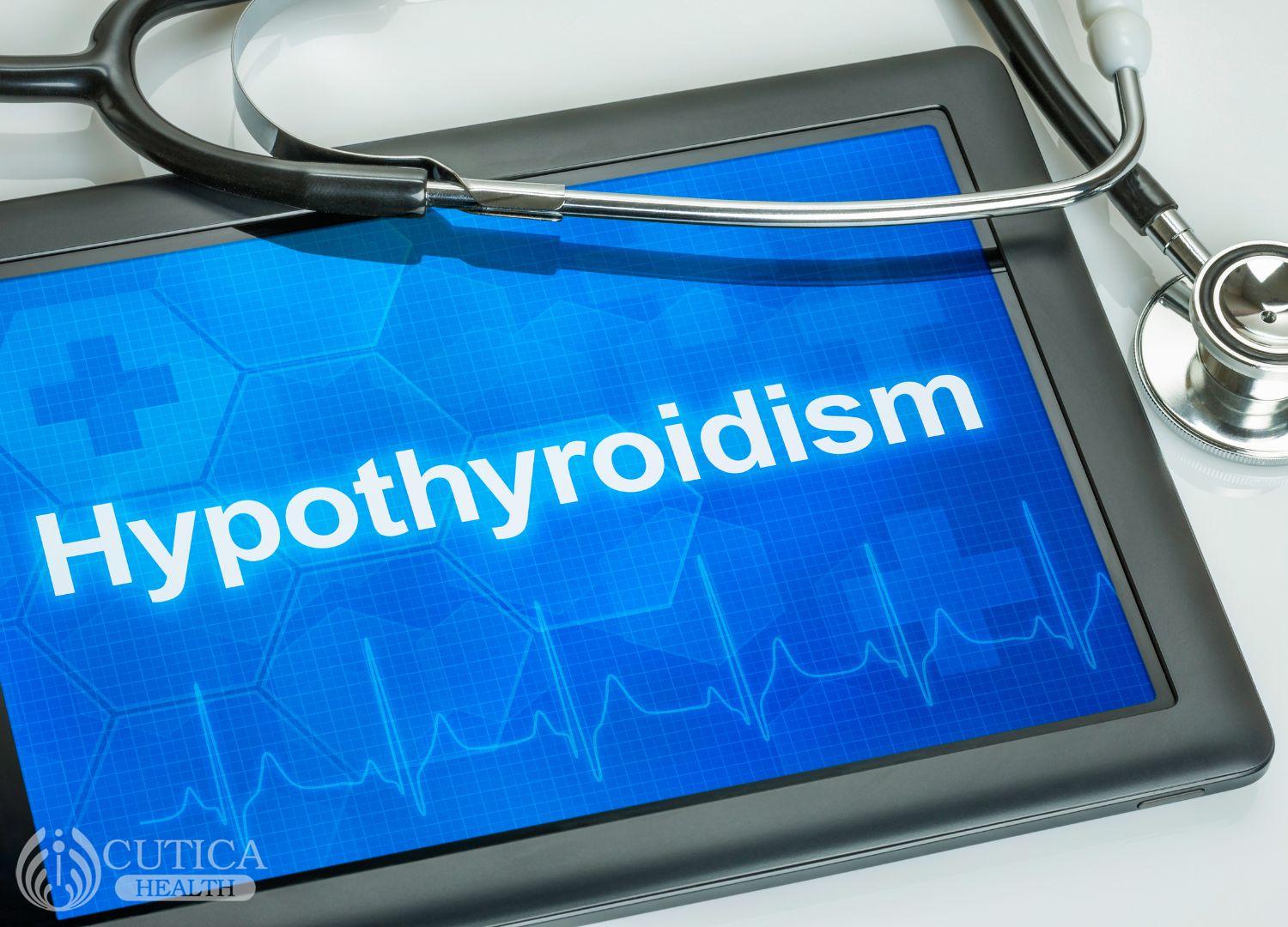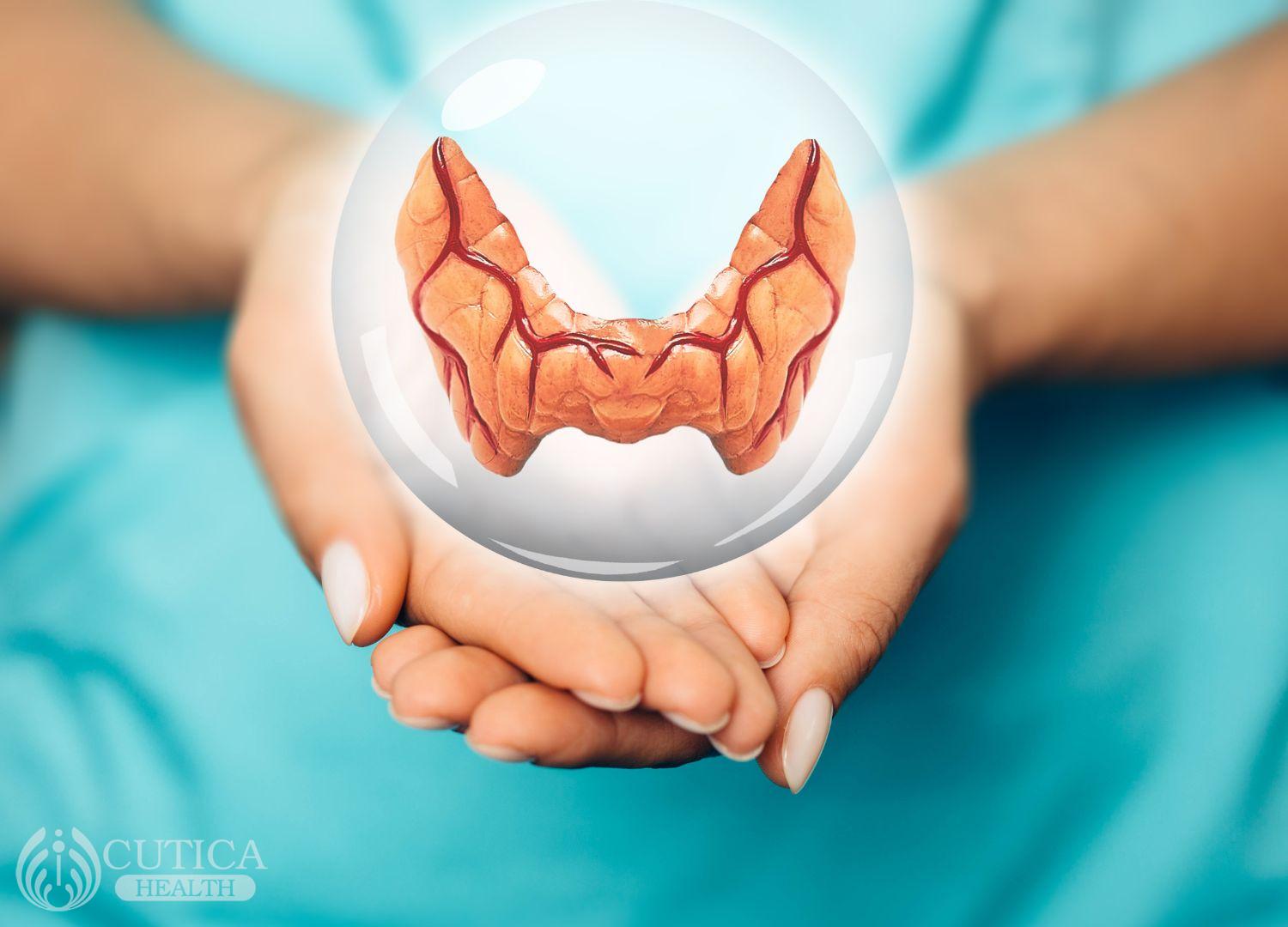“I have not been doing so well, Joe,” Tinuke said. “I have been feeling really tired lately, feeling cold when others are not, and to make things scarier, my hair has started falling off,” she added.
What is hypothyroidism?
The thyroid gland is a small organ located in the upper part of the neck, just above the Adam’s apple. The gland produces thyroid hormones, which are essential for many organs in the body to work properly, including the heart, muscle, bowel, brain, skin, as well as for regulation of the body temperature.
Hypothyroidism occurs when the thyroid gland produces lower amounts of the hormones than normal.
What are the symptoms of hypothyroidism?
Some of the symptoms of hypothyroidism include:
- Fatigue
- Constipation
- Sensitivity to cold
- Dry skin
- Muscle weakness
- Muscle pain
- Depression
- Memory problems
- Slow heart rate
- Hoarse voice
- Thin hair
- Menstrual problems

In children, hypothyroidism may lead to problems, such as:
- Delayed puberty
- Poor mental development
- Poor growth
What causes hypothyroidism?
Hypothyroidism may be caused by issues affecting the body or by problems primarily affecting the thyroid gland itself. Common causes include:
- Inflammation: Inflammation of the thyroid gland, called thyroiditis, which could result from an infection or immune problem.
- Thyroid surgery: Surgery to remove all or part of the thyroid gland due to conditions, such as thyroid cancer or an overactive thyroid gland.
- Drugs: Some drugs could trigger underactivity of the thyroid gland, including lithium, which is used to treat some mental health disorders.
- Congenital: In some cases. Underactivity of the thyroid gland begins at birth. In these cases, babies are born with an underactive thyroid gland. Often, infants born with an underactive thyroid gland show no symptoms of it until later in life.
- Dietary deficiency: The thyroid gland uses mineral iodine to produce thyroid hormones. Insufficient iodine in food (such as using non-iodized salt) may, therefore, lead to hypothyroidism.
What are the risk factors of hypothyroidism?
You may be more likely to develop an underactive thyroid gland if:
- You are a woman.
- You have a family history of thyroid disease.
- Received radiation to your neck or chest.
- Have had thyroid surgery.

Treatment of hypothyroidism
Once an underactive thyroid gland is diagnosed, your doctor will prescribe thyroid hormone medicine to replenish the body’s levels. This medicine, called levothyroxine, is taken every day. Doctors use regular blood tests to adjust the dosage and keep the thyroid hormone level in the normal range. Taking too much of the medication may cause symptoms, such as tiredness, shakiness, a fast heart rate, and sleep disturbances.
In some cases of hypothyroidism, such as those cases caused by complete surgical removal of the thyroid gland, one may need to take the medicine for life.
In summary, an underactive thyroid gland disrupts the function of different parts of the body, yielding multiple symptoms. Visit your doctor if you experience concerning symptoms for a comprehensive evaluation.
